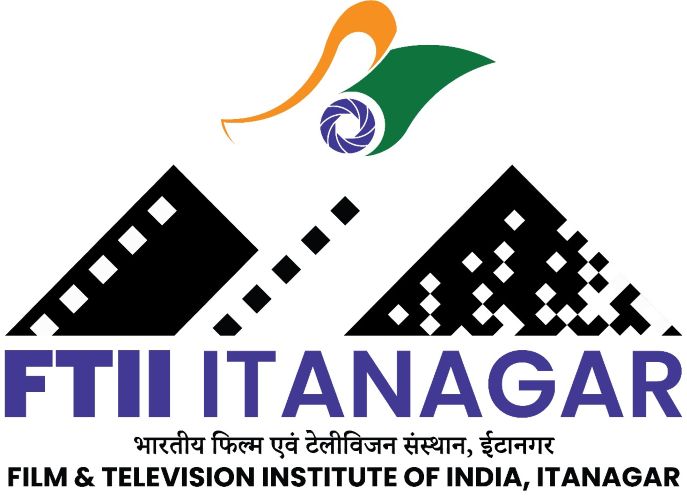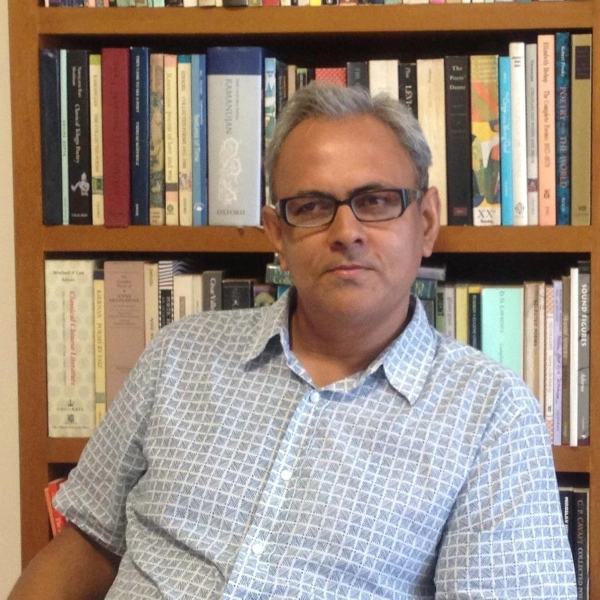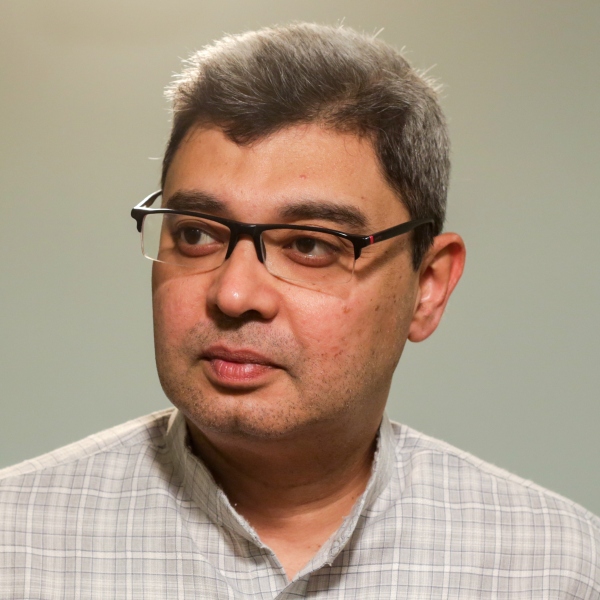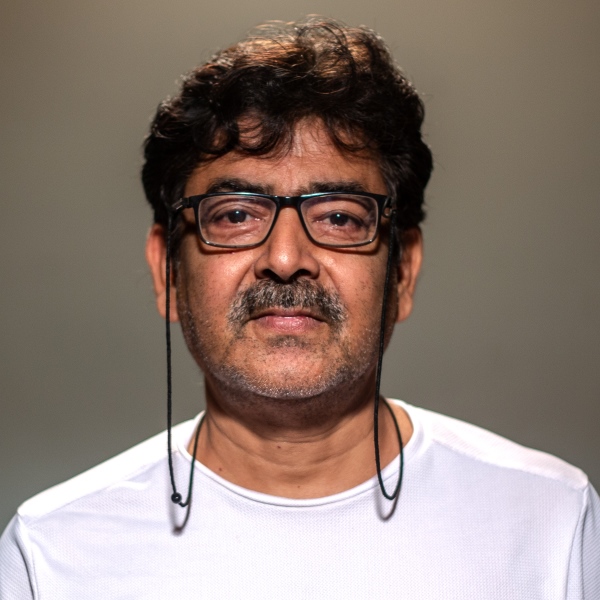About the department
Producing for Film and Television involves the comprehensive creative development and business exploration of a film or television project through entrepreneurial skills at various stages. Production focuses on the physical, logistical, and technological execution, supported by financial planning. These two facets, Producing and Production, are intrinsically linked. Thus, the objective is to equip students with a broad skill set in the production craft, encompassing all stages from manufacturing to marketing.Overview of the Programme
Producing for Film and Television involves the comprehensive creative development and business exploration of a film or television project through entrepreneurial skills at various stages. Production focuses on the physical, logistical, and technological execution, supported by financial planning. These two facets—Producing and Production—are intrinsically linked. Thus, the objective is to equip students with a broad skill set in the production craft, encompassing all stages from manufacturing to marketing.
The term Cinématheque refers to a dedicated film archive featuring a small theater that screens classic, significant, and blockbuster art-house films for educational purposes. Under the framework of “Tools from the Cinématheque,” Film Analysis and the History of Producing include carefully selected film and clip screenings integrated with classroom analysis. This methodology promotes interactive discussions on the evolution of film as both an art form and a commercial enterprise. Film Analysis adopts a deconstructive approach, while the History of Producing identifies and examines the key forces and influential personalities that have shaped the global film industry.
Producing necessitates that students gain insights into filmmaking from the perspectives of various creative departments, including Screenwriting, Direction, Production Design, Cinematography, Acting, Editing, Audio Recording & Design, and Workflow in the Laboratory. An adept Producer should ideally possess comprehensive knowledge and appreciation of all these disciplines, recognising that the collaborative efforts of multiple creative minds utilizing cinematic technology transform filmmaking into a collaborative art form.
Understanding how to tell a good story and how to reach an audience are basic skills that every good producer possesses—whether for movies or television. For this, the entire curriculum is built around the dual focus of development and strategy.
The MFA in the Producing for Film and Television (PFT) programme is project-oriented. Working under realistic conditions, students from different disciplines—i.e., Script Writing & Direction, Cinematography, Sound Recording & Design, Editing, and Producing—collaborate to create and produce several short documentaries in different formats.
In the lectures and workshops conducted by industry experts, and particularly in mentored practical work, students are taught subjects such as script analysis, pitching, casting, budgeting, financing, production phases, marketing, media law, and management. This programme provides aspiring producers with a demanding yet practical framework to cultivate both their business and creative skills and to become active and successful members of the film industry.
The course provides a comprehensive understanding of filmmaking—from script development to post-production—including insights into the film business, distribution, and exhibition. It covers publicity strategies, screenwriting with Final Draft, and feature film scheduling using Movie Magic Scheduling software. Budgeting techniques and an in-depth study of the history and current practices of producing are included.
The course also delves into the workflow of production teams, advanced scriptwriting, branding, marketing, distribution, and exhibition strategies. It explores funding avenues, pitch preparation, film markets, creative production, and international treaties for film production. Practical exposure through Film Bazaar and industry visits are part of the curriculum. The course also includes audience research, advertising workflows, documentary production, and a holistic understanding of filmmaking involving direction, editing, sound, cinematography, and animation.
Finally, students will produce a 10-minute film to apply all learned processes, synthesizing their technical, managerial, and creative knowledge into a single capstone project.
Programme Specific Objectives
- Versatile Creative Producers: Skilled in blending business acumen with artistic vision.
- Project Development: Capable of generating and developing projects from inception to completion.
- Focus on Storytelling and Commercial Viability: Strong emphasis on compelling narratives and market success.
- Entrepreneurial Skills: Equipped with essential entrepreneurial abilities.
- Comprehensive Industry Knowledge: Deep understanding of film and television production’s creative and business aspects..
- International Standards Preparedness: Ready to meet and succeed in a competitive industry, with international standards.
Faculty & Academic Support Staff
Facilities
- Dedicated IMAC workstations for students
- Final Draft Software on Screenwriting
- Production Softwares - EP Movie Magic for scheduling/budgeting
- Gorilla for scheduling/budgeting/accounting
- Premiere Pro Editing Software
- Digital cameras
- Class Room Theaters





















